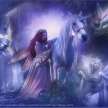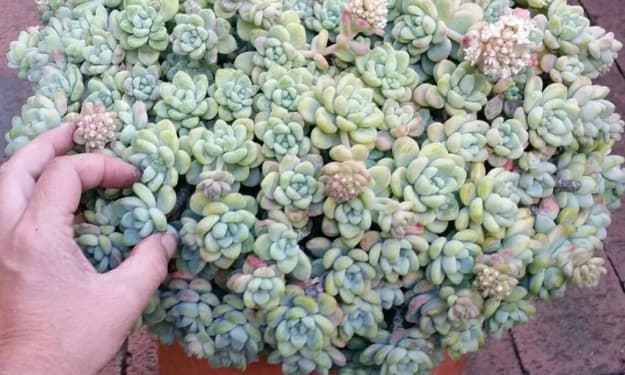
Identity
Who am I? What am I? How is my identity determined? Is it decided by what people see on the outside? By how I feel on the inside? I am a wife and a widow. A mother and a daughter. A friend, a partner, a lover. The list goes on (theoretically) indefinitely – scientist, scholar, teacher, caretaker… - are all those identities discrete? Of course not. They are all descriptions of ME.
What if we chose a point in time…how would I compare my identity at 15 to my identity at 55? Is who I am determined by beliefs I held and choices I made as a teenager? Is there some particular time period in my life where I had a stronger sense of self than another? Or has it changed with learning and exposure to other identities or ideas?
This concept of identity, the great “who am I?” or, more importantly, “what kind of person do I want to be?” is something that we don’t usually know or even think about when we are young. At least I didn’t, not beyond “I want to be a veterinarian” and “I love horses”. My sister, 16 months younger, just wanted to be famous. (Life was pretty simple). And of course I have memories from childhood – events and interactions that shaped how I perceived myself. But my earliest memory of having an actual “self-identity” – more specifically, recognizing that I had opinions and beliefs and likes and dislikes that didn’t always align with those of others – didn’t happen until I was a tween/early teen. Developmentally, right on track. And as would be expected, my “identity” in those years changed rapidly, as I tried on and tested out different personas to see what fit.
Life is filled with choices, and identity is shaped by those choices. It is easy enough to rely on a statement such as, “I choose to do what is right and moral and good”. But the questions must and do go deeper: does that identity/morality extend to negative monetary impacts? Harm to a reputation? What about physical harm? It has been said that German priest Martin Luther, the founder of Protestantism, refused to recant his writings and teachings, stating, “Here I stand. I can do no other.” I certainly don’t think I’m anywhere near the level of Martin Luther, but his strength of belief has always resonated with me…because THAT is identity. It isn’t just a set of guidelines, but a set of values that cannot and will not be put aside for convenience despite the costs.
And I’ve had my own small instances…I walked out of the Baptist church at seventeen because I did not and could not accept the teachings that (to me) were completely contrary to what Christ himself had taught. I have quit more than one job for ethical reasons (both behaviors of individuals and more general policies). In graduate school I cried for three days when the U.S. bombed Beirut…but that specific dissonance led me into a period of active reading and questioning and exploration in regards to pacifism and whether there is ever a good reason to cause harm to others. And that led to more questions, and more answers (or at least better understanding).
For me, graduate school was the turning point where I finally stopped floating through life and started making choices I could back up with thoughtful arguments and factual statements. That includes everything from my views on creationism (no) to whether there is anything like a “good” or “moral” war (also no). It was certainly where I met the harder questions for the first time – but also where I had enough resources to dig in and figure them out. And while my outward identity was that of a graduate student, my inner sense of “self” was likewise being shaped by a value system and expectations modeled by colleagues near and far, values which included integrity, clarity of thinking, and supporting others.
Forty years later, with the understanding that comes from time and experience, I know well that an identity is NOT what we wear or where we live or even what we do. It isn’t how much education (or money) someone has or what is said about them. It is a core understanding of the world and our place in it. It is the way we treat the stranger at the door, whether we choose to act with love and kindness or refuse and dismiss those who are “other” in some way. I choose love.
About the Creator
Jill Harper-Judd
I've been writing poetry and short stories since childhood....but my life has often been chaotic so (mental) space to write can be hard to find. I am a lover of words and the worlds we can create with them. I seek beauty in all things.






Comments
There are no comments for this story
Be the first to respond and start the conversation.